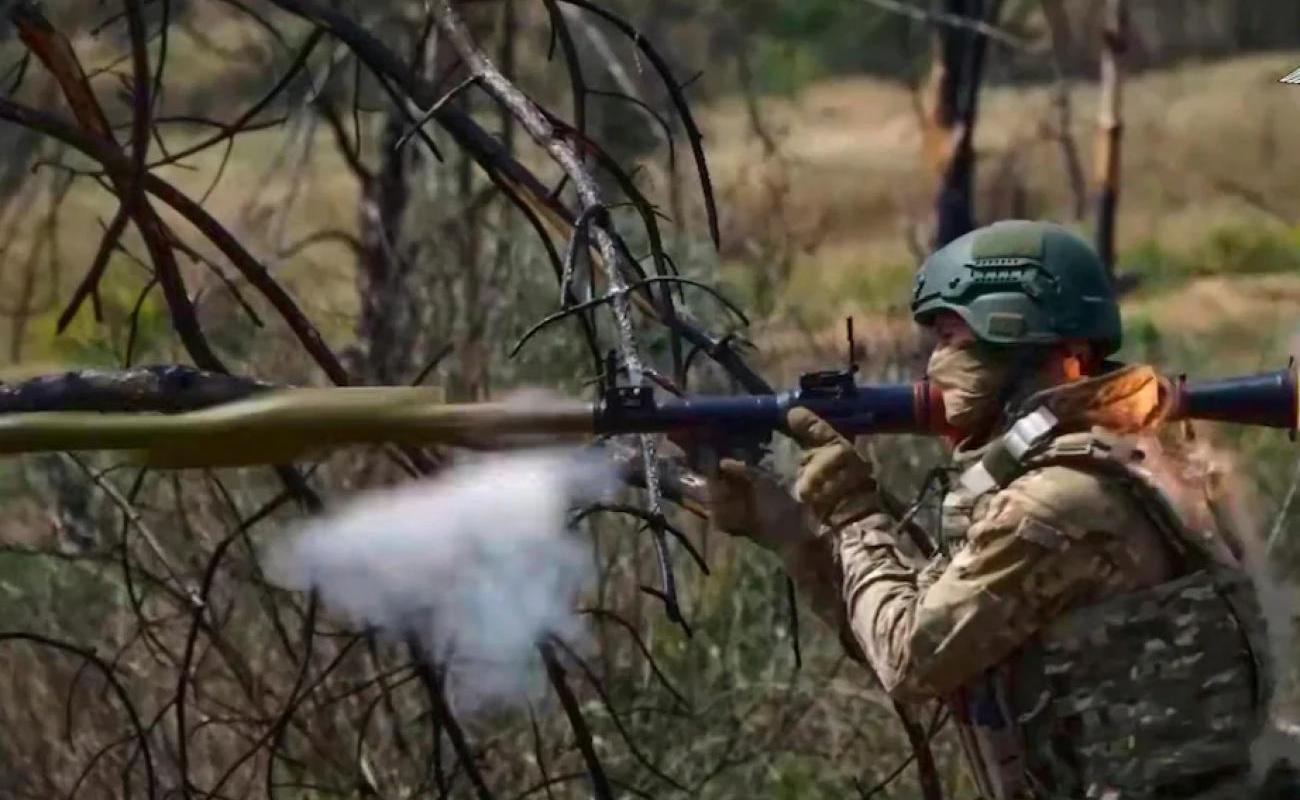Putin sends squads of sick soldiers into Pokrovsk ‘meat grinder’

Russia has formed units made up of soldiers infected with HIV, hepatitis and other diseases and sent them into battle, Ukrainian military experts have said.
Soldiers in these units wear armbands marking them out as sick, and have been spotted on the frontlines around Pokrovsk, a key logistics hub in eastern Ukraine that has been the focus of a prolonged and bloody assault by the Kremlin, they told The Telegraph.
“There is currently information that these units are participating in fighting in what is currently the hottest spot – Pokrovsk,” said Dmytro Zhmailo, executive director of the Ukrainian Security and Cooperation Centre (USCC), a Ukrainian think tank with close links to the military.
The formation of these units within the Russian military is the latest sign of a deepening health crisis, with cases of HIV, hepatitis and tuberculosis soaring among Vladimir Putin’s troops.
One Russian unit also recently suffered an outbreak of a deadly haemorrhagic fever that causes those who catch it to bleed from the eyes, and even the tightly controlled Russian media has begun to report on a “hidden epidemic” of illnesses affecting troops in Ukraine.
The so-called “infected units” have been formed within Russia’s 1435th and 1437th motorised rifle regiments, relatively new formations that are part of the 27th and 15th motorised rifle brigades respectively.
According to the USCC, the units have taken part in attempts to storm Pokrovsk from the south and southwest. Soldiers from the units were also spotted while attempting to infiltrate the town through the village of Zvirove.
Before being sent to the frontline in Porovsk, the units received training in occupied Ukraine, including in Kherson and Zaporizhzhia, as well as Crimea, said Mr Zhmailo.
“The infected units are equipped similarly to other Russian military units. In fact, their level of provision is identical and quite low,” Mr Zhmailo told The Telegraph.
“The only difference from the ‘healthy’ military personnel of the Russian Federation is the various markings of the infected – namely the presence of special bandages.”
One Ukrainian soldier who had recently returned from a deployment near Pokrovsk told The Telegraph he and his comrades had encountered enemy soldiers wearing the characteristic armbands.
Russia has long been accused of enlisting sick soldiers as a way of replenishing its ranks after suffering heavy casualties.
In 2022, the Wagner mercenary group began recruiting prisoners with HIV and hepatitis for high-risk frontline roles, with access to antiviral medicines reportedly offered as a form of payment.
Around 100 men are believed to have been recruited from a penal colony in the Leningrad region, with red bracelets given to those with HIV and white bracelets to those with hepatitis.
But the formation of such units within the regular Russian army is evidence that the practice is becoming more systematic and official, experts say.
In October last year, Ukraine’s GUR defence intelligence agency claimed Russia’s defence minister, Andrei Belousov, had quietly issued an order removing hepatitis C from the list of diseases that prohibit military service, in order to allow thousands of infected convicts to volunteer for the war.
HIV, like hepatitis B and C, are spread through contact with infected blood and body fluids.
‘There’s nothing off-limits’
Rates of HIV have skyrocketed among Russian troops in Ukraine – with the number of soldiers carrying the virus 20 times higher at the end of 2023 than it was at the start of the war, according to an analysis from the Carnegie Centre.
Several factors are thought to be behind the explosion in disease, including soldiers turning to drugs.
Mr Zhmailo said the use of non-sterilised medical instruments by Russian medics, in particular the reuse of syringes for anaesthesia, has helped HIV to spread.
But the presence of so many sick soldiers on the battlefield also poses a threat to Ukraine’s forces, experts say.
“The presence of sick Russians on the battlefield can exert a certain moral and psychological pressure due to close contact with such an enemy, and also forces the Ukrainian military to be more cautious and take care of their health and safety,” explained Mr Zhmailo.
Hepatitis, which causes inflammation of the liver and can cause the organ to fail, is particularly dangerous in the context of a war. Even after a person’s death, there is a possibility of infection through blood remaining on bodies and weapons.
